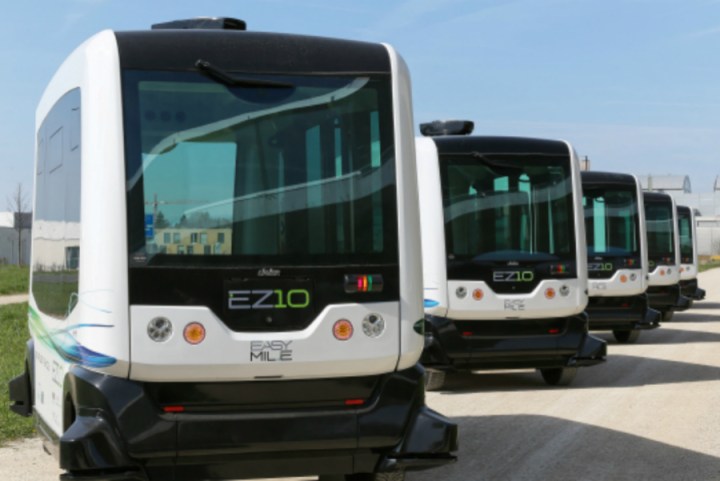
In centuries past, while technology has killed off jobs, more often than not it’s helped create new ones as we need people to maintain those machines and to help develop new and better versions. While that has been the case throughout much of human history, when it comes to AI automation, that is not always the case.
As ArsTechnica points out, switch board operators, filing clerks, travel agents, and factory workers have all seen jobs taken over by autonomous robots and according to the new report from the Obama administration, more could go that way in the near future.
Fortunately, the changing of the guard at many occupations will be slow and steady. In the next two decades, only nine percent of jobs are thought to be at risk and many of those many see automation take over the dull and repetitive tasks faced by workers at the moment, rather than replacing them entirely.
That said, there will still be jobs that require fewer humans to do them once AI starts coming to work alongside us. Waiting staff and professional drivers will be some of the earliest hit, which could end up putting millions of jobs at risk. The report warns that putting that many people out of work could have a drastic effect on the economy, hitting specific communities and parts of the country worse than others.
Although there are a lot of professions that face an AI taking over their role one day, for the most part, it will be repetitive, lower-paying jobs that are at risk of being outsourced to computers, robots and algorithms first.
In those areas, federal and state resources will need to be focused on educating and training to try and prepare workforces of the future for AI workmates. They will also need to assist those who are put out of work by modernization, to help them transition into new roles while they are still working.



